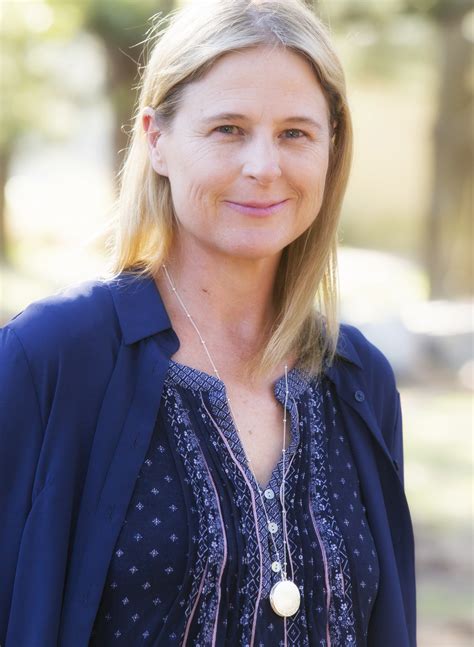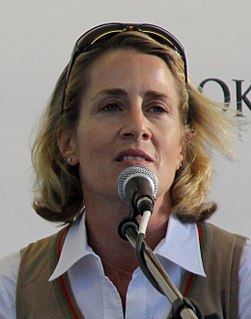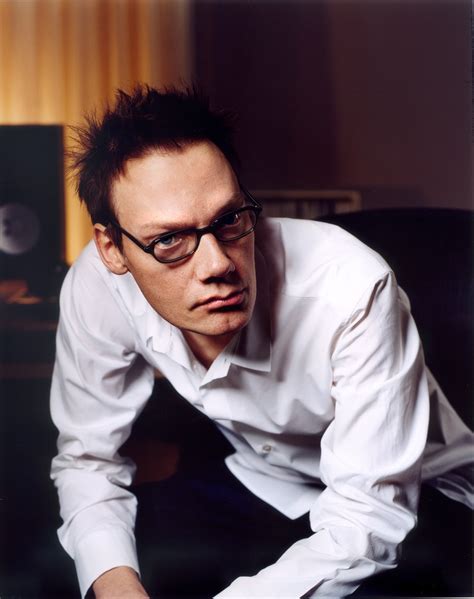A Quote by Dominique Crenn
My parents believed in the importance of education, but beyond that they were pretty relaxed. My brother and I weren't expected to become lawyers or doctors. As long as we were settled and happy, we could do what we liked.
Related Quotes
I've tried really hard to care about things that were very different from my parents. I was curious if I could care about [money] on some fundamental level, and I couldn't. That wasn't the metric of success I wanted in my life. I've talked about this to my friends who are doctors and whose parents are doctors, or who are lawyers and their parents are lawyers. It's a funny thing to realize I feel called to this work both as a daughter and also as someone who believes I have contributions to make.
My parents were not formally educated. Both were cognizant of the importance of education. The teachers and ministers were the role models, and they would say, you should want to be like Miss Gardiner, you should want to be like Mr. Freeman, or be like your dad. Shun the people who don't value education.








































